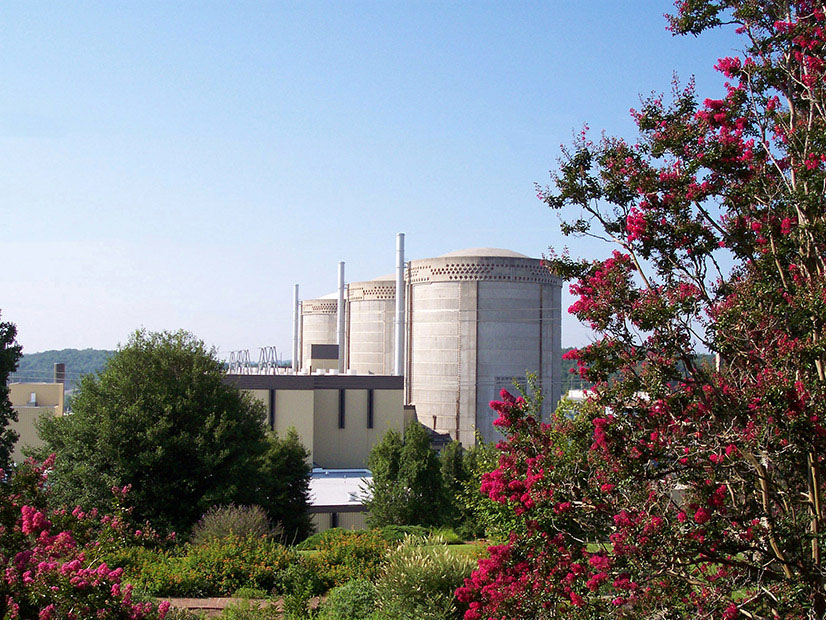
The Carolinas region could become the site of the nation’s first largescale effort to decarbonize industry using hydrogen, both as a fuel for gas turbines and replacing diesel in heavy trucking.
But to do that, existing natural gas pipelines will initially have to move blends of methane and hydrogen, then eventually only hydrogen, an undertaking that will require some reengineering as well as changes in industry safety codes and government regulations — no simple tasks.
The efforts needed to make this happen were the focus of a webinar Thursday organized by the Energy Futures Initiative (EFI), an organization founded by former Energy Secretary Ernest Moniz.
During the event, Moniz, Duke Energy CEO Lynn Good and Vahid Majidi, executive vice president and director of the Savannah River National Laboratory, concluded that the Carolinas’ manufacturing base and high-tech industry could enable it to become a hydrogen “hub,” a new concept replacing the term “cluster” that dominated earlier industrialization when similar industries would gather in a region.
Good endorsed the hub concept as “a great opportunity to get us started.”
“We have a goal of achieving at least 50% carbon reduction by 2030, and net zero by 2050,” Good said. “We have a clear line of sight on how to get to 2030. It’s a matter of retiring existing coal assets; it’s putting in place more solar and battery and wind — existing technologies.
“But as we get beyond 2030, deeper into the 2030s, and begin really tackling that net-zero goal, then we begin looking for new technologies; we began looking for what we would call ‘load following zero carbon technologies.’”
And hydrogen is one of those technologies, which could be “versatile” for the needs of the electric and gas sectors, and also have applications for heavy industry, the military, long haul transportation and “a broad number of sectors that are also going after carbon reduction,” Good said
“And I think about the opportunity we have here in this decade, with supporting policy coming in place, with the [Biden] infrastructure bill, potentially tax credits as well. We could make real progress on technical feasibility and also on tackling cost competitiveness. So that as we get to the 2030s, it becomes a really valuable tool to reach net zero,” she said.
The hub concept originated at the DOE as a way to convert multiple industries rather than fund just one hydrogen concept at a time.
Moniz touted that concept at the start of the discussion.
Pointing out that if the Carolinas were an independent nation, their combined economies would be the 18th largest in the world, Moniz explained the idea as a kind of organic growth stemming from where the region’s industry is today.
“In the United States, a fully functioning market … begins with strategic regional investments to build out hydrogen infrastructure, connecting with existing industrial assets. The region has a history in hydrogen R&D, broad industrial capabilities, and an array of potentially amenable existing infrastructure to enable the growth and formation of a hydrogen hub,” he said.
Majidi said the Carolinas have strong academic research capabilities in addition to the national lab, where 80 hydrogen researchers are working.
“For seven decades, we’ve been working with hydrogen, in the form of tritium. Hydrogen has been ingrained into the DNA of Savannah River National Laboratory.” he said.
Majidi said of the top 100 institutions publishing on hydrogen in the U.S., six are in the Carolinas, including Savannah River National Laboratory, North Carolina State University, the University of South Carolina, Clemson, the University of North Carolina, Chapel Hill and Duke.
“With these organizations [working] together along with industry, we can really develop an ecosystem that feeds the growth of the hydrogen economy,” he said.
Later in the webinar the discussion shifted to the experiences of hydrogen advocates and institutional managers already trying to move regional economies to hydrogen.
The takeaway: be sure to identify hydrogen customers before developing the technologies to make the fuel and deliver it.


